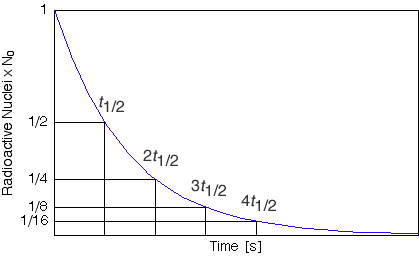My HbA1C levels have been 7.1 a year ago, then 6.6 (49 in new units) six months ago, then 6.7 (50 in new units), however, when I take my blood glucose I find I get many measurements over 8 and this morning it was 9.1. I have not changed my diet recently. I strictly avoid all foods with overt sugars (biscuits, cakes and so on). I am on 2000 mg of Metformin. I am already experiencing two conditions that are related to high blood glucose levels psoriasis and gum disease. I have had to have six visits to the dental hospital over the last year to treat periodontal disease that the consultant says is directly a result of my diabetes.
It seems to me that either my blood glucose meter is consistently inaccurate - or there is some disconnect between the HbA1C levels and the spot test blood glucose.
My GP says my diabetes is perfectly under control and will not give me any supplementary medicines, apparently because they don't want me to have hypos. That appears to me to be ridiculous. Also the GP just refuses to engage with me trying to discuss my blood glucose levels. Their view appears to be that I am needlessly worrying and should not take my blood glucose levels and accept that the HbA1C is the correct measurement.
I would like to get my glucose levels down a bit further, as I am concerned about the long term damage. My mother is now almost blind due to diabetic related retinopathy, my younger brother (also diabetic) has had two heart attacks and had a slew of diabetic related conditions, so I want to avoid such problems.
Is HbA1C an infallible guide to ones diabetic condition ? I know it can be useful in diagnosing diabetes, but the medical profession now seem to use it as a measurement of the severity of ones diabetic condition. It actually measures the proportion of glycosylated haemoglobin in ones blood (that is the relative amount of ones haemoglobin that has become glycosylated or "sugar bound" and thus ineffective as a carrier of oxygen). They seem to assume that this provides some measure of the ongoing blood glucose levels. It is however the amount of sugar in the bloodstream that is affecting our capillaries and producing problems.
There seems to be a disconnect between these two measurements. In the last few years it seems to me that doctors have turned only to considering the HbA1C and are ignoring blood glucose levels, certainly in the case of Type 2 diabetes.
Am I merely to accept the view of my doctor that my diabetes is well controlled ? I am the one who will suffer the consequences of elevated blood glucose levels in the years to come. It seems impossible to get into a dialogue with my doctors about this.
It seems to me that either my blood glucose meter is consistently inaccurate - or there is some disconnect between the HbA1C levels and the spot test blood glucose.
My GP says my diabetes is perfectly under control and will not give me any supplementary medicines, apparently because they don't want me to have hypos. That appears to me to be ridiculous. Also the GP just refuses to engage with me trying to discuss my blood glucose levels. Their view appears to be that I am needlessly worrying and should not take my blood glucose levels and accept that the HbA1C is the correct measurement.
I would like to get my glucose levels down a bit further, as I am concerned about the long term damage. My mother is now almost blind due to diabetic related retinopathy, my younger brother (also diabetic) has had two heart attacks and had a slew of diabetic related conditions, so I want to avoid such problems.
Is HbA1C an infallible guide to ones diabetic condition ? I know it can be useful in diagnosing diabetes, but the medical profession now seem to use it as a measurement of the severity of ones diabetic condition. It actually measures the proportion of glycosylated haemoglobin in ones blood (that is the relative amount of ones haemoglobin that has become glycosylated or "sugar bound" and thus ineffective as a carrier of oxygen). They seem to assume that this provides some measure of the ongoing blood glucose levels. It is however the amount of sugar in the bloodstream that is affecting our capillaries and producing problems.
There seems to be a disconnect between these two measurements. In the last few years it seems to me that doctors have turned only to considering the HbA1C and are ignoring blood glucose levels, certainly in the case of Type 2 diabetes.
Am I merely to accept the view of my doctor that my diabetes is well controlled ? I am the one who will suffer the consequences of elevated blood glucose levels in the years to come. It seems impossible to get into a dialogue with my doctors about this.


